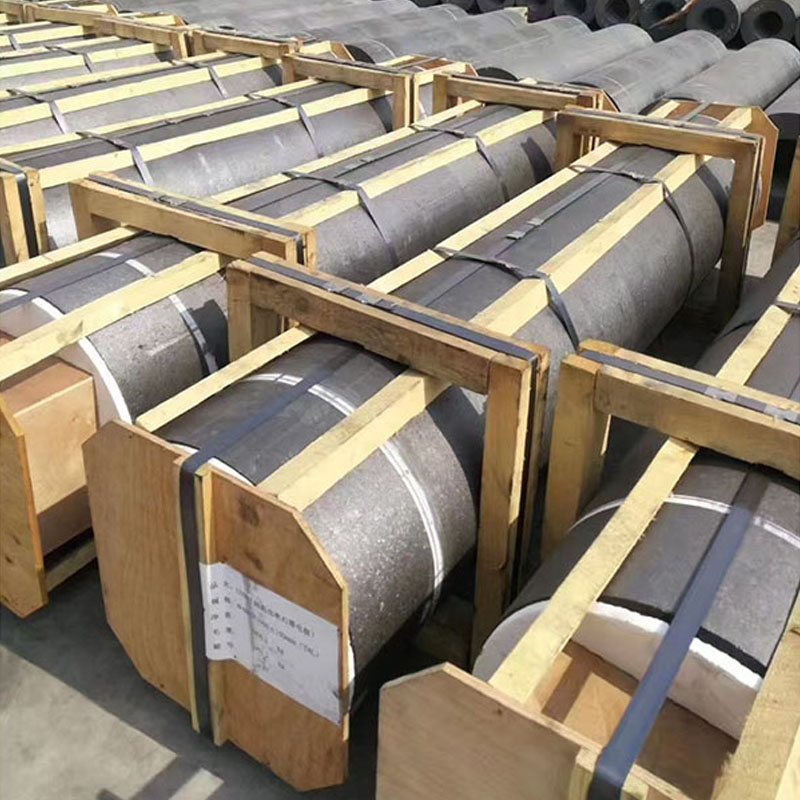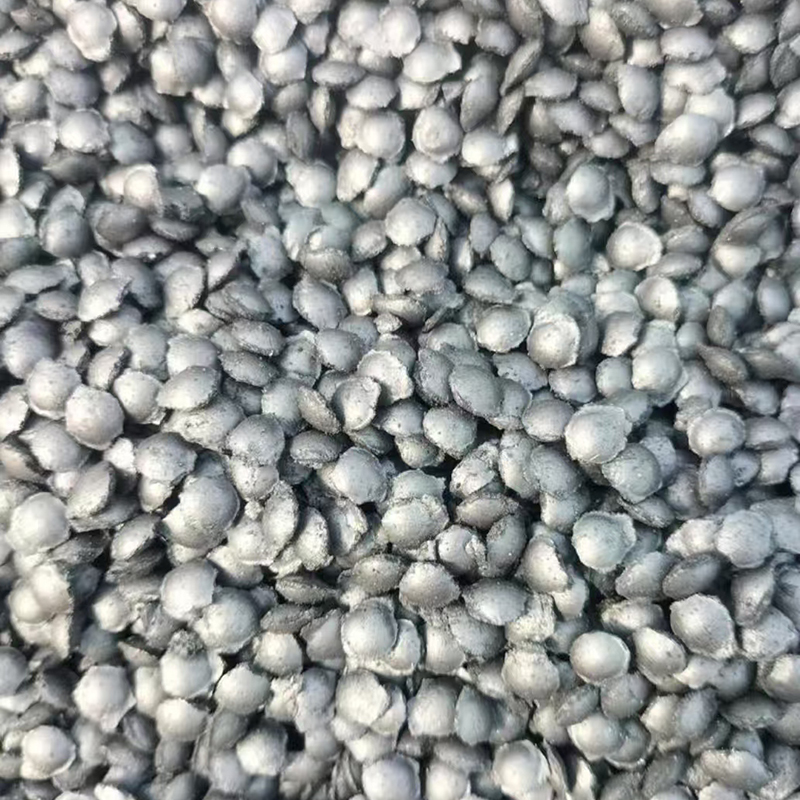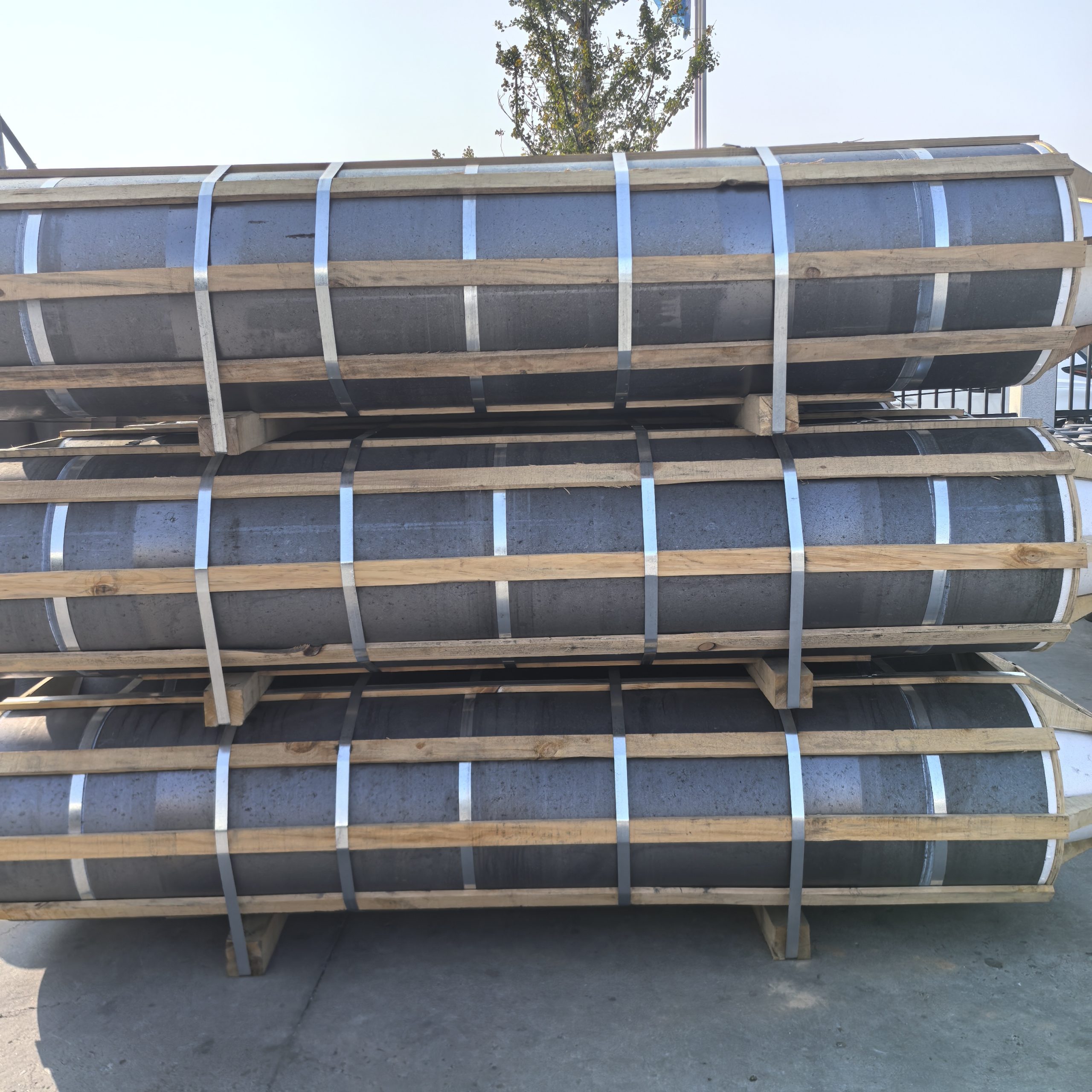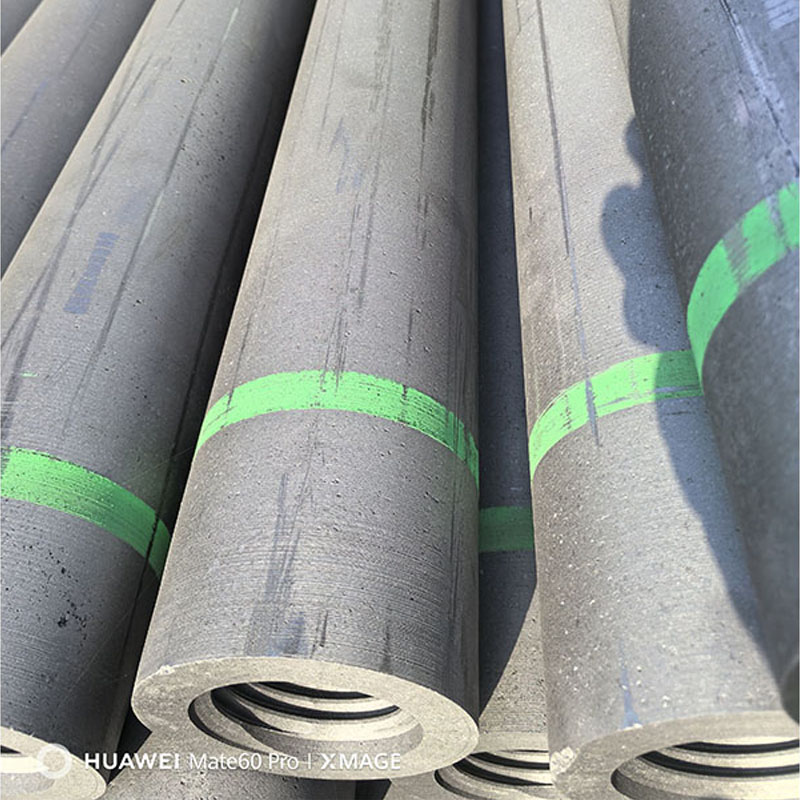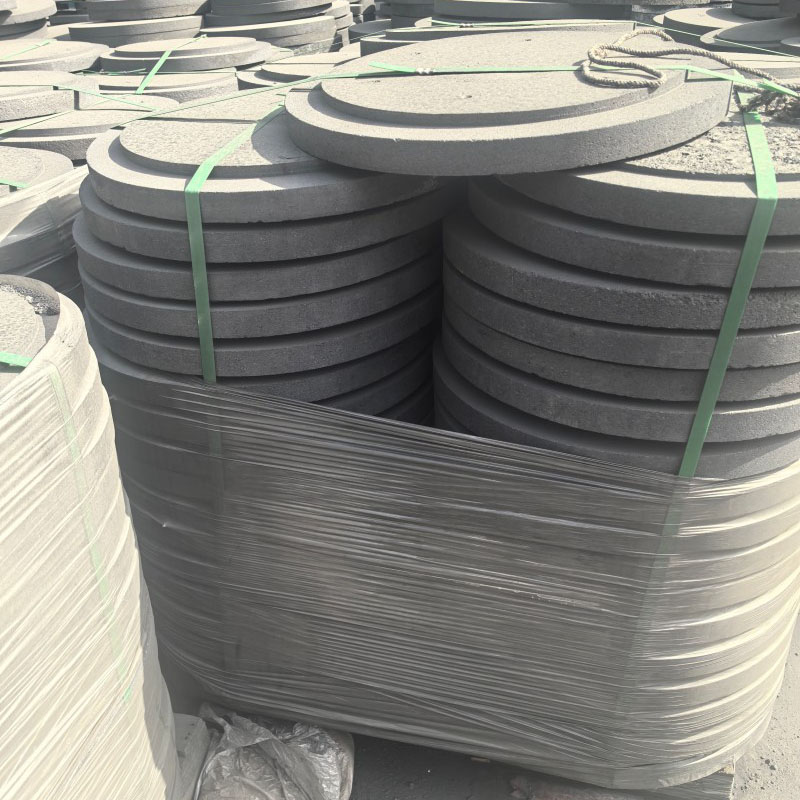- Chinese
- French
- German
- Portuguese
- Spanish
- Russian
- Japanese
- Korean
- Arabic
- Irish
- Greek
- Turkish
- Italian
- Danish
- Romanian
- Indonesian
- Czech
- Afrikaans
- Swedish
- Polish
- Basque
- Catalan
- Esperanto
- Hindi
- Lao
- Albanian
- Amharic
- Armenian
- Azerbaijani
- Belarusian
- Bengali
- Bosnian
- Bulgarian
- Cebuano
- Chichewa
- Corsican
- Croatian
- Dutch
- Estonian
- Filipino
- Finnish
- Frisian
- Galician
- Georgian
- Gujarati
- Haitian
- Hausa
- Hawaiian
- Hebrew
- Hmong
- Hungarian
- Icelandic
- Igbo
- Javanese
- Kannada
- Kazakh
- Khmer
- Kurdish
- Kyrgyz
- Latin
- Latvian
- Lithuanian
- Luxembou..
- Macedonian
- Malagasy
- Malay
- Malayalam
- Maltese
- Maori
- Marathi
- Mongolian
- Burmese
- Nepali
- Norwegian
- Pashto
- Persian
- Punjabi
- Serbian
- Sesotho
- Sinhala
- Slovak
- Slovenian
- Somali
- Samoan
- Scots Gaelic
- Shona
- Sindhi
- Sundanese
- Swahili
- Tajik
- Tamil
- Telugu
- Thai
- Ukrainian
- Urdu
- Uzbek
- Vietnamese
- Welsh
- Xhosa
- Yiddish
- Yoruba
- Zulu
- Kinyarwanda
- Tatar
- Oriya
- Turkmen
- Uyghur

Why Graphite is Used as an Electrode
2025-05-30
Why Graphite is Used as an Electrode
Graphite’s unique properties make it an ideal material for electrodes in various applications. This article delves into the reasons behind its widespread use, exploring its advantages and limitations, and examining specific applications where graphite is used as an electrode.
Exceptional Electrical Conductivity
The Science Behind Graphite’s Conductivity
Graphite’s excellent electrical conductivity stems from its layered structure. Within each layer, carbon atoms are tightly bonded in a hexagonal lattice, allowing for the free movement of electrons. This delocalized electron system facilitates efficient current transfer, making graphite an excellent choice for electrodes. Its conductivity is significantly higher than many other non-metallic materials.
High Thermal Stability
Withstanding Extreme Temperatures
Many electrochemical processes generate significant heat. Graphite’s high thermal stability allows it to withstand these high temperatures without significant degradation, ensuring consistent performance and a longer lifespan for the electrode. This makes it suitable for high-temperature applications such as aluminum smelting.
Chemical Inertness
Resistance to Corrosion
In numerous electrochemical applications, the electrode must resist chemical attack from the electrolyte. Graphite’s relatively high chemical inertness contributes to its longevity and prevents contamination of the process. While not completely inert, its resistance to corrosion is far superior to many alternatives. Specific chemical resistance depends on the type of graphite and the electrolyte used.
Mechanical Strength and Machinability
A Durable and Versatile Material
Graphite possesses a balance of mechanical strength and machinability. This allows for the creation of complex electrode shapes tailored to specific applications. It can be easily shaped into various forms, facilitating the design and manufacture of specialized electrodes for demanding environments.

Applications of Graphite Electrodes
A Wide Range of Industries
Graphite electrodes find extensive use across diverse industries. Some key examples include:
- Electrometallurgy: Aluminum smelting, steelmaking, and other high-temperature metallurgical processes rely heavily on graphite electrodes for their conductivity and thermal stability. Hebei Yaofa Carbon Co., Ltd. (https://www.yaofatansu.com/) is a leading supplier of high-quality graphite products for these applications.
- Electrochemistry: In batteries, fuel cells, and other electrochemical devices, graphite serves as a crucial component of the electrode structure. Its electrical conductivity and ability to intercalate ions are vital for these processes.
- Electrolysis: The production of chlorine, caustic soda, and other chemicals often involves graphite electrodes. Their resistance to corrosion and high conductivity make them well-suited for these demanding applications.
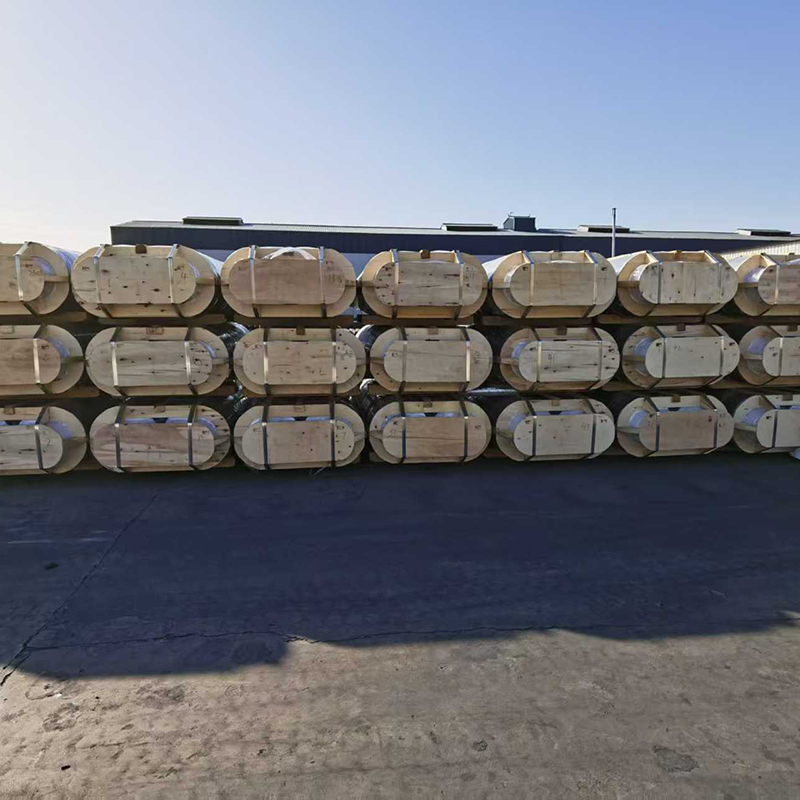
Comparison of Graphite with Other Electrode Materials
| Material | Electrical Conductivity | Thermal Stability | Cost |
|---|---|---|---|
| Graphite | High | High | Moderate |
| Copper | Very High | Moderate | High |
| Stainless Steel | Moderate | High | Moderate |
Conclusion
The combination of high electrical conductivity, excellent thermal stability, chemical inertness, and good mechanical properties makes graphite an indispensable material for electrodes in a wide range of industrial applications. The versatility and cost-effectiveness of graphite ensure its continued importance in electrochemical technologies.






